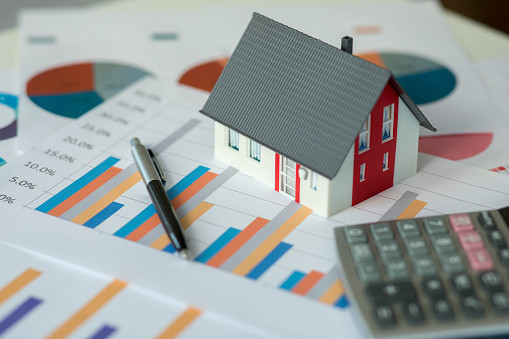The Vietnam Ministry of Construction has just proposed to the Government to amend the Law on Real Estate Business 2014 because a number of legal provisions are principled and unclear.
In the proposed amendments of the Vietnam Ministry of Construction, the addition of a regulation that requires real estate developers to sell real estate through the platform, with a fee to be paid to the floors equal to 2% of the real estate controversial price in the market.
Amendment of 9 groups of policies
According to the Ministry of Construction, the Law on Real Estate Business has some unclear provisions, but it has not been assigned to competent authorities for detailed regulations, so it is difficult to apply.
In addition, the amendment of the Law on Real Estate Business to ensure consistency with the Law on Housing, the Law on Bidding, the Law on Investment, the Law on Enterprises, the Law on Construction has been revised over the years and meets the requirements for international integration.
Also according to the Ministry of Construction, the amendment of the Law on Real Estate Business will focus on solving and completing 9 major groups of policies.
These are general provisions on the application of laws and principles of real estate business, types of real estate put into business, and prohibited acts.
Regulations on business of existing houses and construction works; on housing business, construction works formed in the future.
Completing regulations on business of land use rights in real estate projects; on real estate project transfer.
Completing regulations on real estate brokerage; regulations on real estate trading floor, consulting services, real estate management; building and managing information and data systems on housing and real estate market; regulations on management of real estate business activities.
Controversy over 2% transaction fee
According to the Ministry of Construction, forcing real estate project investors to do business through the platform will improve the mechanism to prevent and combat money laundering and terrorist financing in Vietnam, creating a healthy business investment environment. But this regulation is controversial among real estate developers and brokerage companies, real estate exchanges.
This regulation ensures the transparency of the market and protects the rights and interests of customers and investors. Real estate goods formed in the future, when passing through the trading floor, must be appraised, verified, and complied with the provisions of the law before being listed, announced and traded. But the removal this regulation could increase the selling price of houses. Transferring and leasing houses and constructions through the trading platform is a step backward, this could creates special benefits for real estate trading floors, violating the business autonomy of project investors.
If only allowing investors to sell only 20% of the products; The remaining 80% of the products must be sold through the real estate exchange, the exchange does not invest in the project, but has the privilege to sell 80% of the project product, this is not equal between businesses.
The exchange is entitled to enjoy a transaction fee of less than 2% of the value of the real estate purchase and sale contract, which is also unfair between businesses. There is a risk of real estate exchanges misappropriating the payment of customers’ contracts with investors.
Moreover, the transaction fee via the exchange of more than 2% of the contract value is not a small expense, surely the investor will add to the selling price and the buyer is the last bearer.
ASL LAW is a real estate law firm in Vietnam. If you need any inquiry, please contact us.
Error: Contact form not found.

 Tiếng Việt
Tiếng Việt 中文 (中国)
中文 (中国) 日本語
日本語

